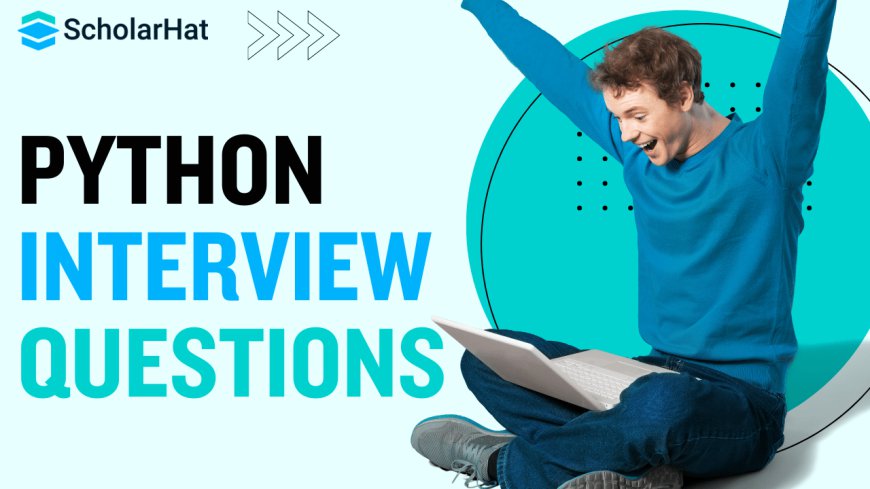How to Prepare for a Python Interview

Preparing for a Python interview requires a strategic approach to both mastering the language and understanding the types of Python interview questions you may encounter. This guide will help you systematically prepare and boost your confidence as you approach your interview date.
Understanding the Python Interview Process
The Python interview can vary widely depending on the organization and the role you are applying for. Typically, it involves different rounds focusing on theoretical knowledge, practical skills, and sometimes, problem-solving with data structures and algorithms. An effective preparation strategy involves understanding these components and tailoring your study plan accordingly. For detailed practice questions, consider exploring these Python interview questions.
Technical Skills You Need to Master
Core Python Concepts
At the heart of any Python interview are the core programming concepts. You should be comfortable with data types, control flow, exception handling, and modules and packages. These foundational elements are crucial for advancing to more complex questions that you might face during the interview.
Data Structures and Algorithms
Another critical area of preparation is data structures and algorithms, which are often a significant part of technical interviews, especially with major tech companies. Understanding basic data structures (like arrays, lists, stacks, and queues) and more advanced structures (like trees and graphs) is essential. Algorithms that sort through, search, and optimize data efficiently are also crucial topics to cover.
Practical Python Applications
Being able to apply Python to solve real-world problems is a key skill that interviewers look for. This includes familiarity with frameworks and libraries such as Flask or Django for web development, and Pandas and NumPy for data analysis. Practical tasks may also involve database management, file handling, and API interactions.
Mock Interviews and Practice Problems
Engaging in mock interviews and solving as many practice problems as possible are indispensable parts of your preparation. Mock interviews, especially with peers or mentors already in the industry, can provide valuable feedback and help you refine your approach to real interview questions. Practicing with a variety of problems will help solidify your understanding of both simple and complex Python concepts.
Last-Minute Tips for Success
Before the interview, make sure you are well-rested and have reviewed the most common Python programming pitfalls and key algorithms. It’s also helpful to have a few questions prepared for your interviewer about the role and the team, which can demonstrate your interest and proactive attitude.
In summary, preparing for a Python interview involves a thorough review of Python basics, advanced programming concepts, and practical applications. Utilize resources like the comprehensive guide on Python interview questions to practice and prepare effectively. With diligent study and strategic practice, you'll be well on your way to acing your Python interview.
